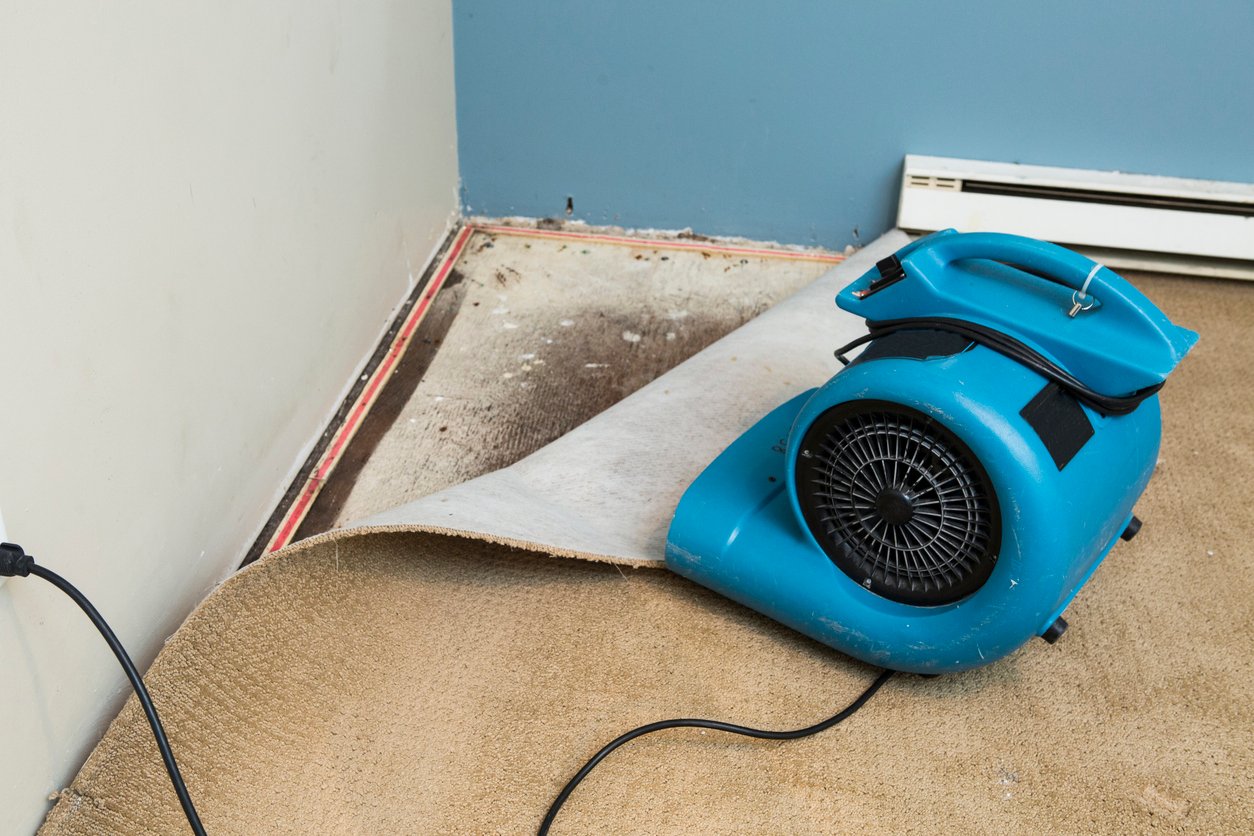Your home is your sanctuary, and one of your goals is probably to keep it smelling good. Or failing that, having a neutral smell.
But while some smells like the garbage that someone forgot to take out or the dog that needs a bath are just unpleasant, other home smells can be a sign of a bigger problem.
Here’s our list of the 8 smells that should send your nose into detective mode and what to do about them.










